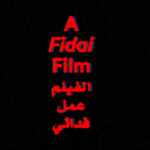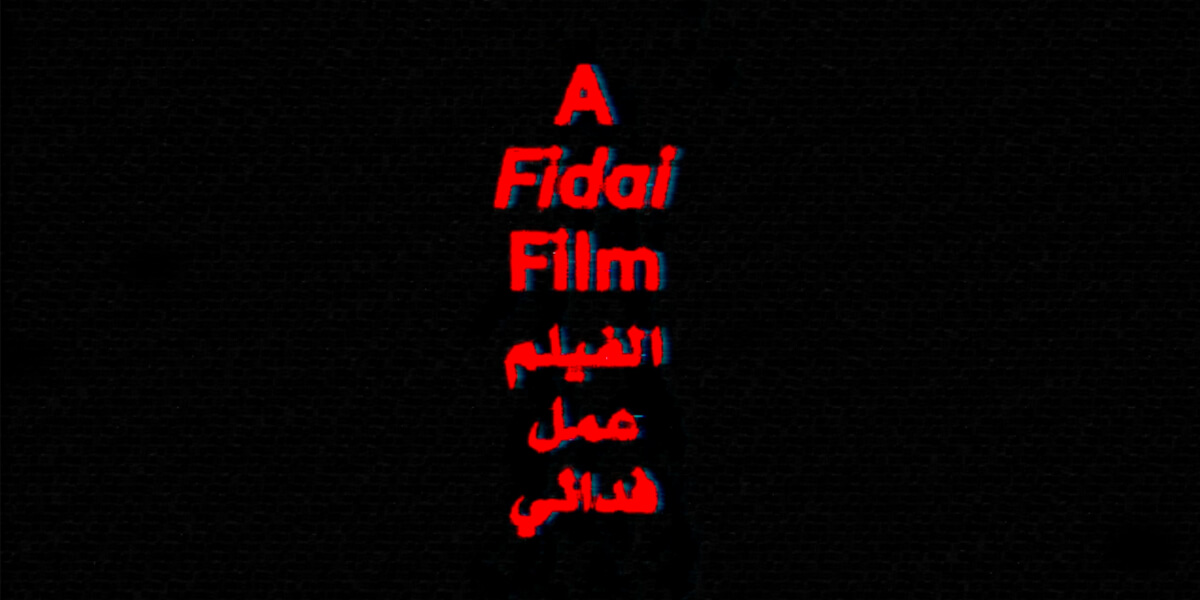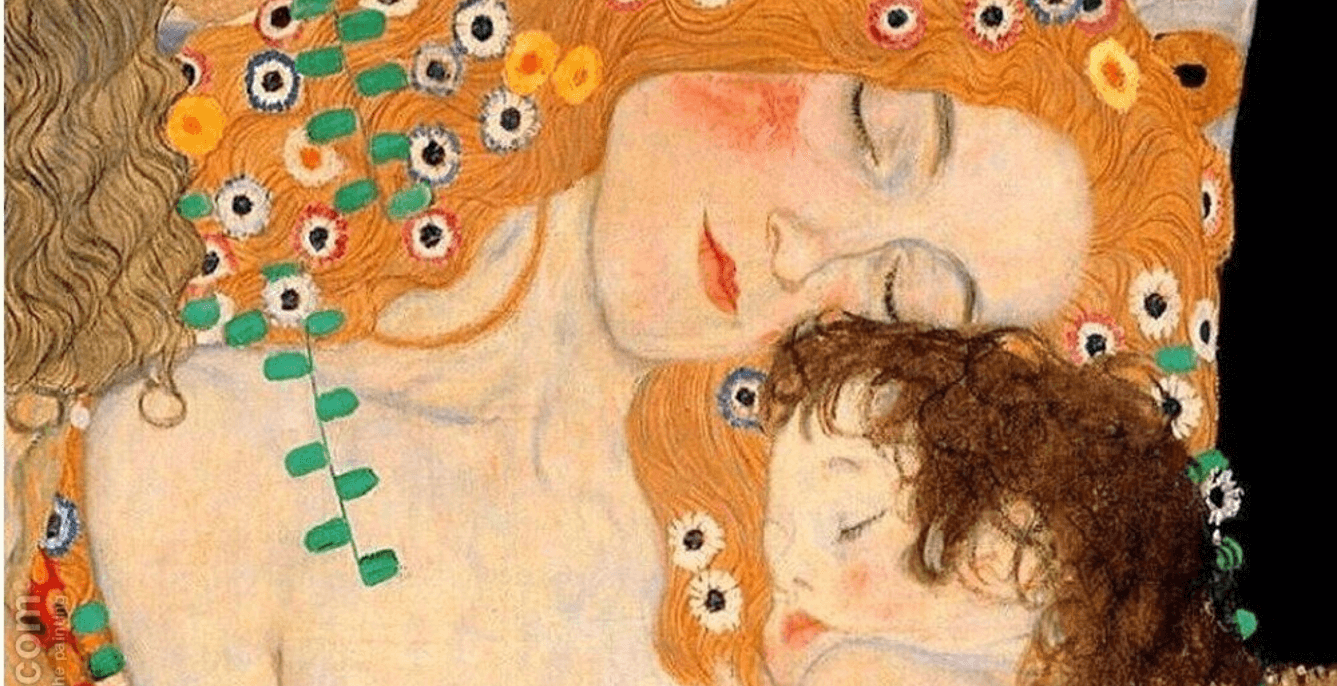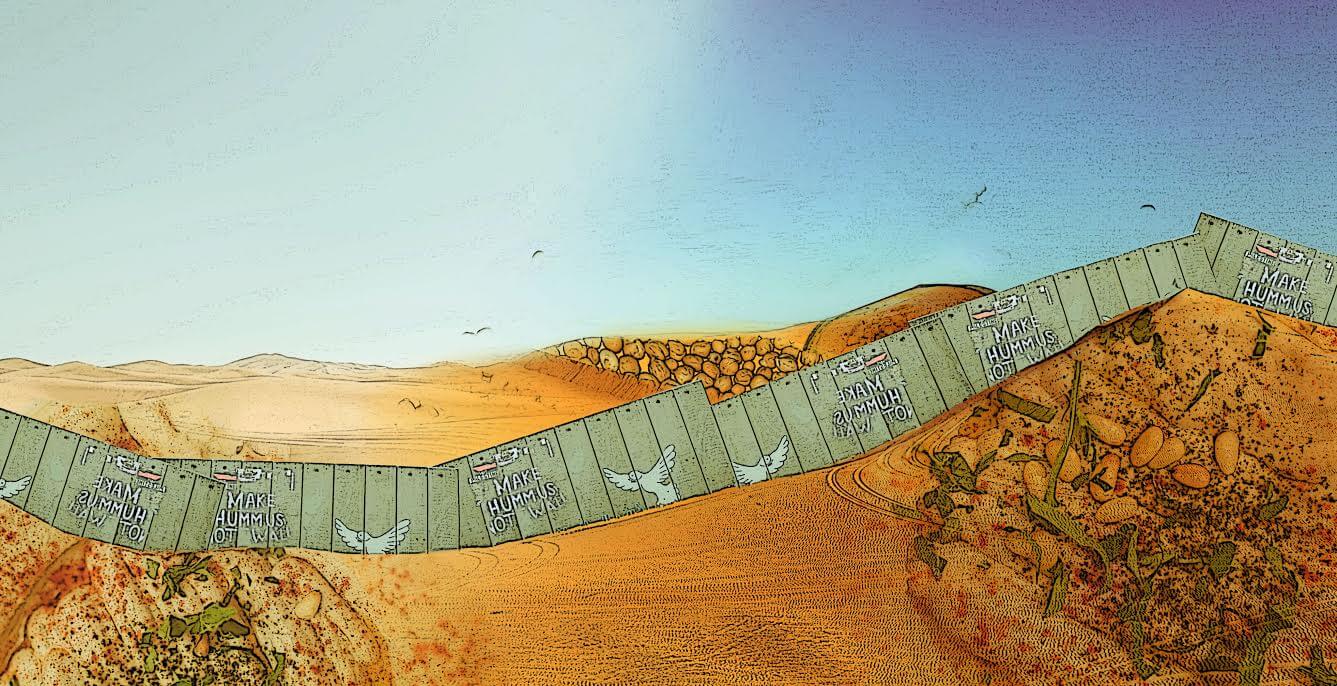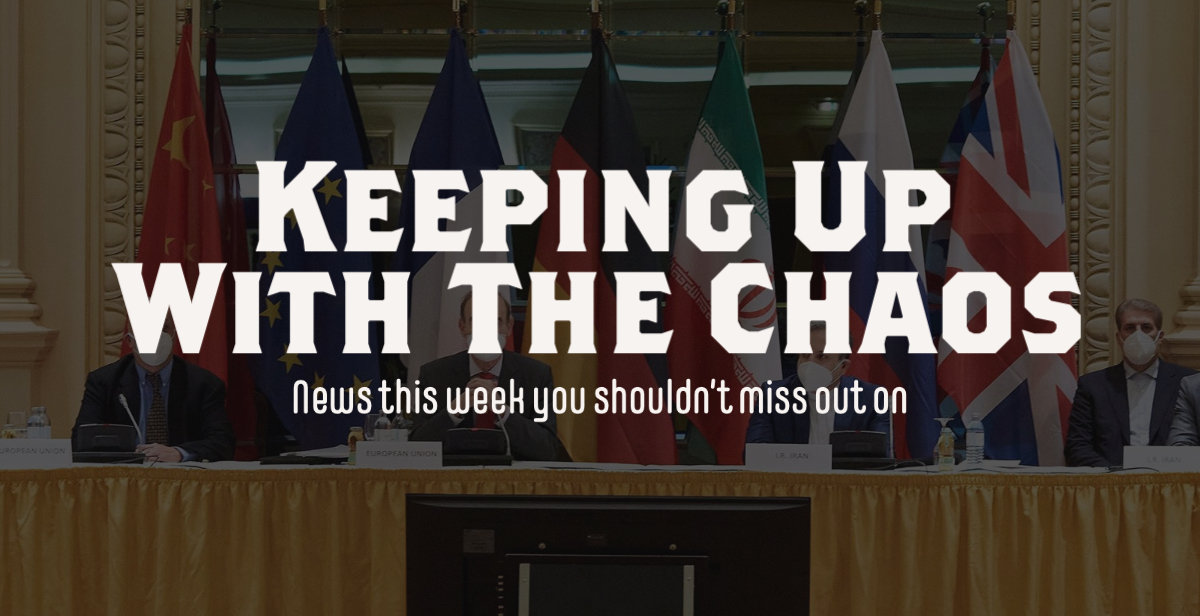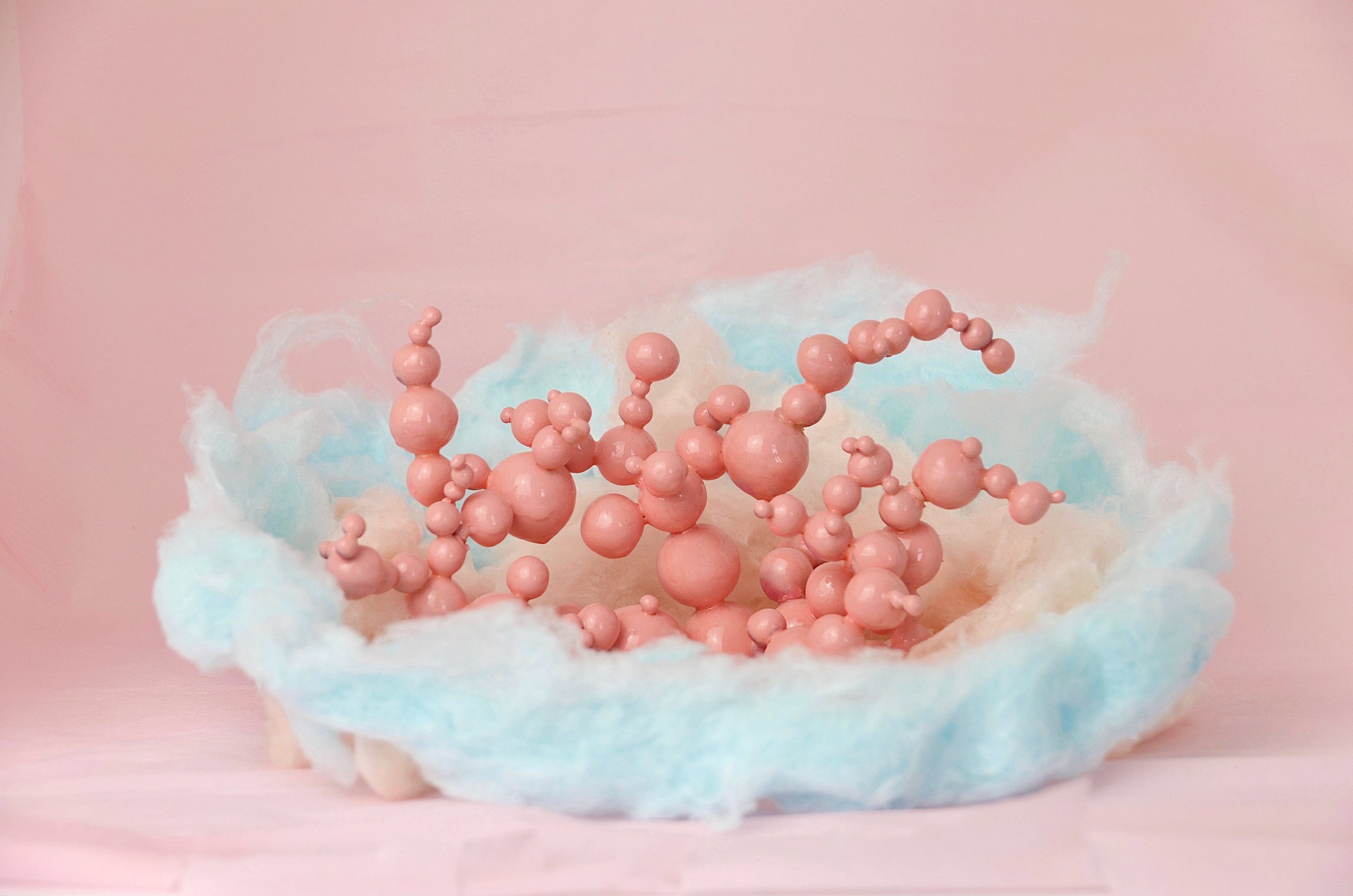A black and white shot of British warships in the Mediterranean, bathed in the light of an exaggerated fiery red sun. Not only a striking visual, but also a warning. The ships arrived at the ports of Jaffa during the British ‘Mandate for Palestine’ in 1920, cementing the start of occupation. The opening scene of A Fidai Film (2024), the latest movie by the Palestinian director and filmmaker Kamal Al Jafari, is a cinematic act of resistance that reworks stolen images through the eyes of the camera of the dispossessed.
During the invasion of southern Lebanon in 1982, the Israeli army violently looted the entire archive of the Palestine Research Centre in Beirut, seizing film, imagery documenting the history, cultural identity of Palestine, and decades of oppression and struggle for freedom of the Palestinian people. Material that remains in Israeli custody and with it the authority of interpretation, repeatedly stripped out of context and misused for propaganda purposes. In A Fidai Film, Al Jafari takes the narrative back.
The Palestinian writer Mohammed El-Kurd asks in Perfect Victims: And the Politics of Appeal: “Why do we give the authority of narration to those who have murdered and displaced us when the scarcity of their guilt means honesty is unlikely?” Al Jafari underlines this sentiment through revisiting these exact images that have been torn out of their context and reworking them in an attempt to free the footage from the meanings imposed on it.
Gaining access to the material was a struggle. Some of the material was in private hands, adding another layer of difficulty and frustration. “It’s something so violent to see and comprehend,” Al Jafari told Filmmaker Magazine, “even these people, who use the material to criticize the state or the army’s practices, are continuing the same tradition. They are the second looters.” And yet still, he found a way – the whole process being an act of sabotage against systems of control.
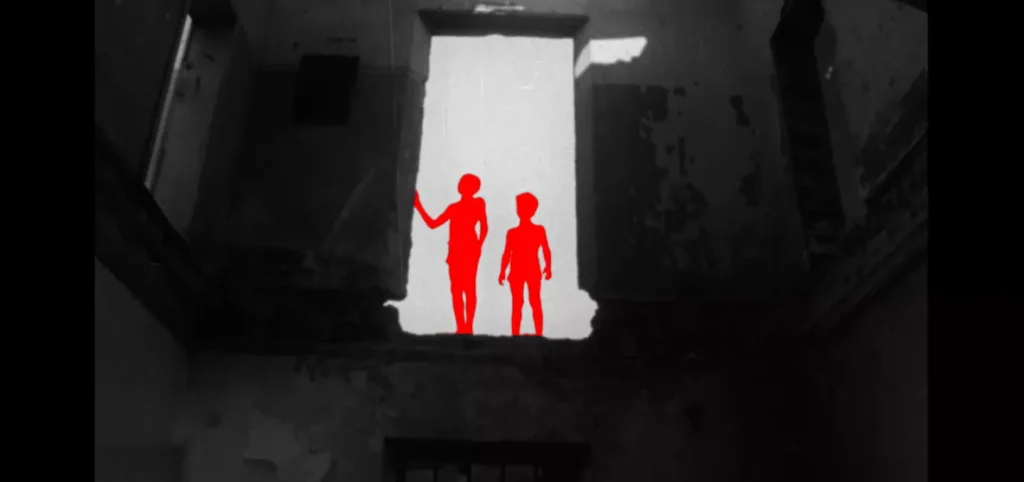
A Fidai Film forms part of a broader body of work, including the shorts Paradiso, XXXI, 108 (2022), and UNDR (2024), in which Al Jafari works with this method of archival disruption. Many hours of carefully viewing and dissecting archival footage turns into an act of piecing together an alternative history through abstraction, distortion, and re-framing. In A Fidai Film, Kamal al Jafari provokes a confrontation with the layers of violence embedded in the images themselves. Jumping back and forth between black and white and colored film footage, alternating between silence and noise, while also prominently incorporating writings by the Palestinian Author Ghassan Kanafani (1936-1972). A recurring visual motif is the color red—amplifying moments of violence, even in otherwise mundane scenes—reinscribing the trauma that official narratives have muted. The film, like memory itself, is fragmented.
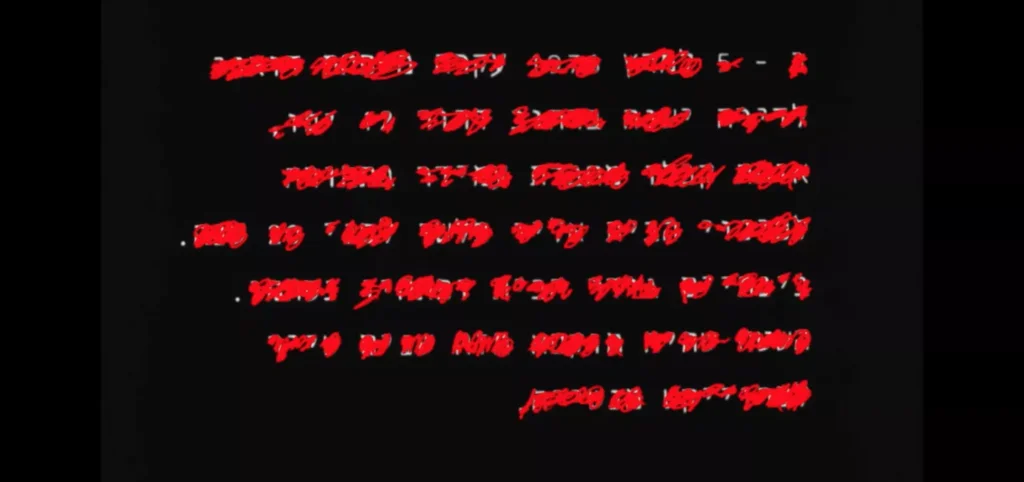
During a panel talk with the Palestinian film critic Saleh Dabbah at the 16th ALFILM Festival in Berlin, Kamal Al Jafari reflected on his approach: “When I was working on the film, I was seeing patterns repeating themselves: disposition, destruction, control, and collective punishment. At some point, I didn’t even care anymore who was doing it. That’s why the movie works with abstraction—because abstraction is universal. It humanizes people. By not giving the viewer the exact information of where we are and who is doing what, the emotional effect is much stronger and poetic.”
Since its release, A Fidai Film has gained quite some traction, winning a prize at the Festival International de Cinéma de Marseille (FIDMarseille) and Visions du Réel International Film Festival Nyon, among other festivals. But in Germany, the silence is deafening. Aside from ALFILM in Berlin, no major German festival has dared to feature the film. A silence that mirrors the broader suppression of Palestinian voices in cultural spaces—voices that speak from within a history of displacement, and from the reality of a people under siege. You can seize the archive, but you cannot erase people. They endure!








